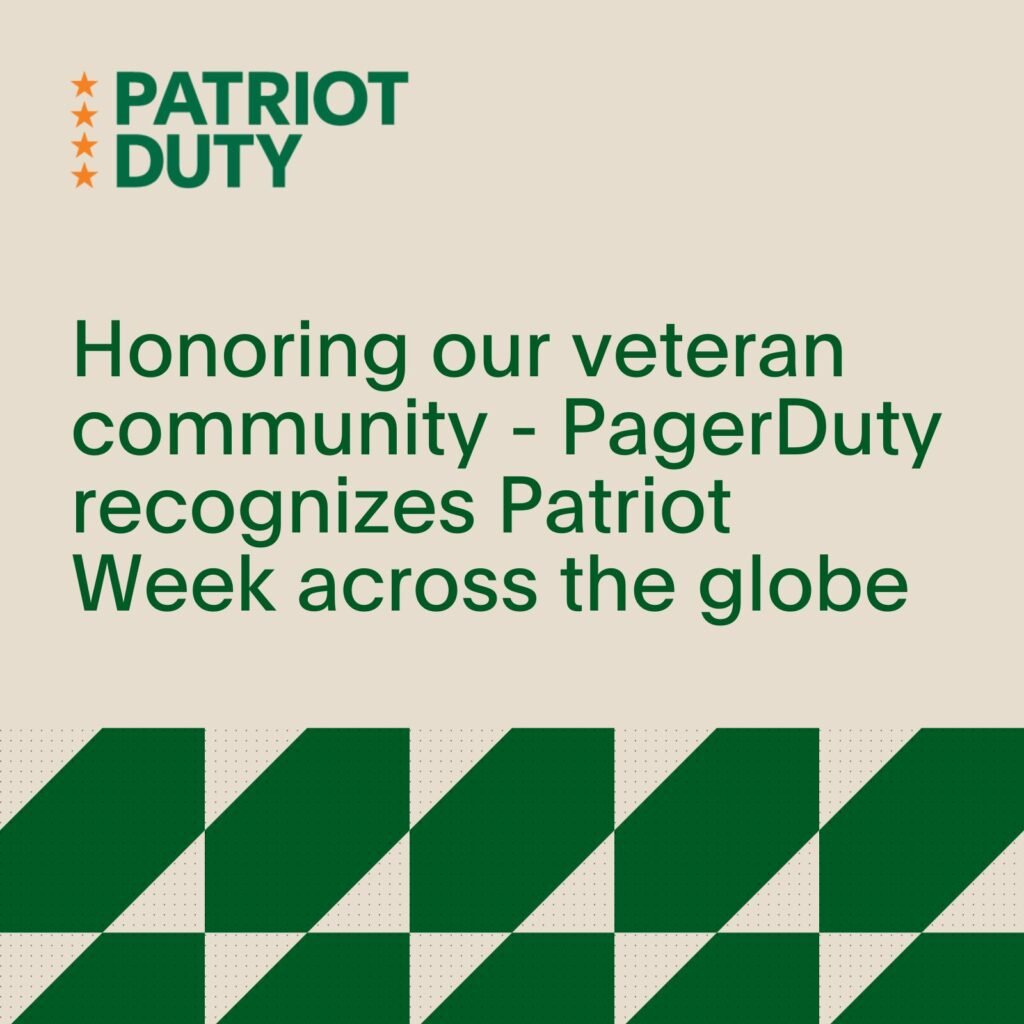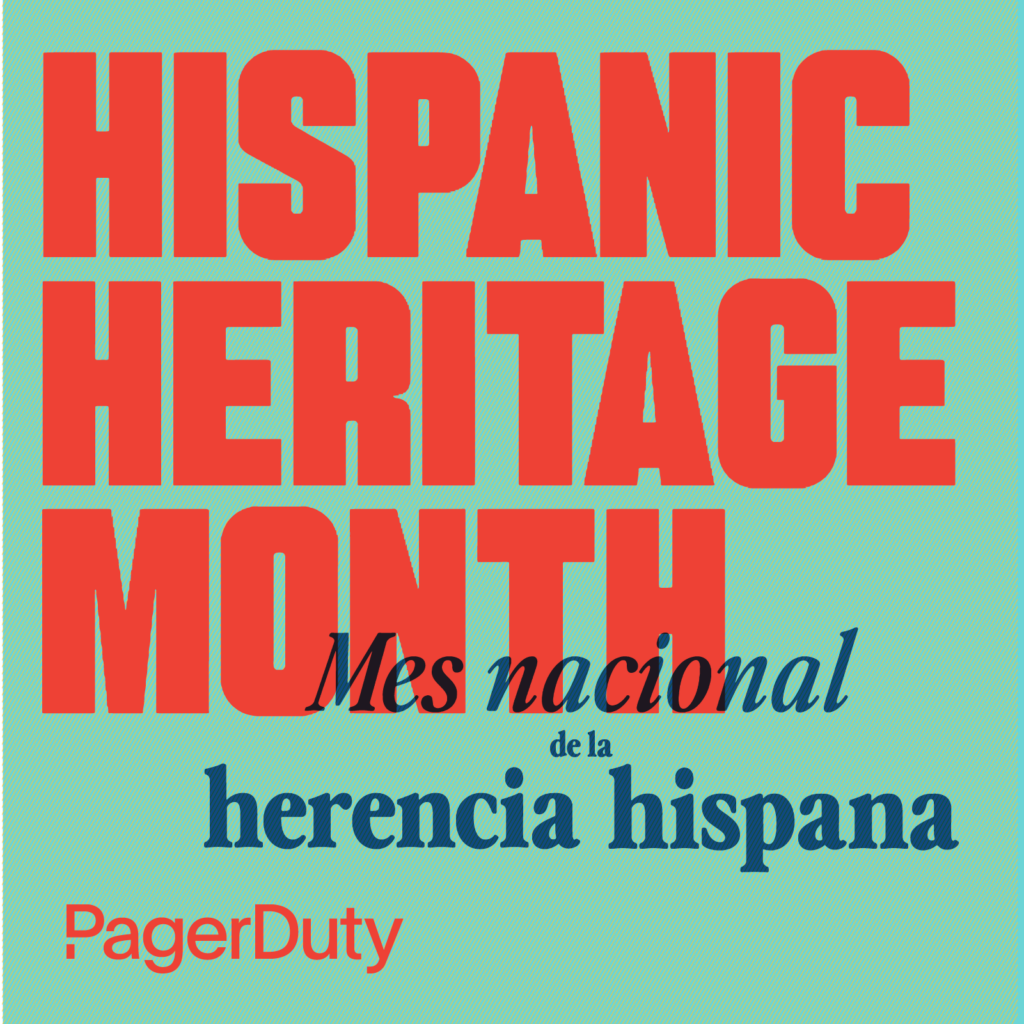Voices for Change: A Juneteenth 2020 Reflection & Q&A
About 15 years ago, my mom sat me down to talk, and I had never seen her so nervous. She explained to me that there was a boy who attended her school that was in a bad situation. He needed a home.
“Would you feel comfortable if he came and lived with us?” she asked.
Let me tell you, that was NOT the “talk” I was anticipating. Without fully understanding how life-changing my answer would be, I said yes.
I’m not sure when it happened—it felt almost immediate—but this boy became my little brother, despite the fact that he came from Guinea and I was from Canada. Despite the fact that he was black and I was white. I loved him fiercely, and I saw him no differently than I saw myself or anyone else in my life. But then a sad thing happened. We grew up.
We grew up, and I started to notice the stares when we were out together. As we continued to grow, some of these stares turned into glares. Upon reaching adulthood, some of these glares became blatant hate and discrimination. Unwarranted stops. Unnecessary broken bones. As the now protective older sister, I became angry and sad, and then angry again.
There have been times, especially recently with the blatant acts of violence against the Black community, that I’ve let myself believe that some of these people will never change. That things won’t get better. But then there are days like last Friday, when my company took a stand and rallied all Dutonians to use this Juneteenth to do our part in driving demonstrable change, equality, and justice. And days like today, where I get to speak with amazing teammates who refuse to let ignorance and hate win, and used this historic day of celebration to continue to educate and activate.
I recently had the opportunity to sit down with fellow Dutonians Asha Ingram, Business Development Representative (Atlanta); Anthony Rodari, Manager, Recruiting (San Francisco); and Tobi Ojo, Inside Sales Representative (Toronto) for a short Q&A—you can read some of it below.
Q: Given that PagerDuty designated Juneteenth as a paid company holiday for employees to advocate for change, we’d like to know: How did you spend your day on Juneteenth?
Asha Ingram: This year, I chose to spend Juneteenth the way I spend most other holidays—with my family and friends. Friday afternoon, we, along with other employees in the Atlanta office (and thanks to donations from the PagerDuty community), helped pass out supplies and resources to protesters, people in Atlanta’s homeless community, and ATLiens out and about celebrating Juneteenth.
My next favorite part of the day came that evening while attending a Juneteenth rally and block party. We celebrated with music, double dutch, and by supporting Black businesses. Here we were, surrounded by melanin-rich, resilient Black people, gearing up to celebrate our community’s strength and demand/take action for greater freedom.
Here, my nephew was reminded that his Black is Beautiful and to be Black and Proud. Here, it was reinforced that while we are fighting both racism and COVID-19, Black Americans can and will take the most bitter lemons and turn them into the sweetest lemonade. This Juneteenth, I chose to celebrate Black Joy, Black Resilience, and Black Pride.
Tobi Ojo: I spent Juneteenth organizing a fundraiser called Race for Action here in Canada, in an effort to drive action from the community against the uncomfortable truths around the commonalities of Black struggles and, more broadly, the fight for human rights.
Q: Recently, the conversation within many tech companies has been about equity and inclusion, and the things that we’re doing to encourage it in the workplace. How do you think these actions (or steps) could impact the industry, for example, by potentially increasing the number of African Americans and other underrepresented groups within tech?
Anthony Rodari: Most companies have the best intentions when it comes to diversity and inclusion. In addition to having employee resource and affinity groups, hiring teams to focus on inclusion, equity, and diversity is critical. There needs to be a shift from words to action. These actions might include broadening partnerships and building truly meaningful relationships to bridge job opportunities with historically Black colleges, universities, and Hispanic-serving institutions.
Recruitment aside, companies need to ensure employees have a safe space for these important conversations. For example, PagerDuty recently held a discussion panel titled “Conversations for Change.” This platform gives folks the opportunity to have a productive dialogue around racial inequality, systemic oppression, and allyship at a company level. Having these conversations provides education on each topic and establishes a sense of awareness and belonging for all employees.
Last but not least, equipping leaders with the tools to lead and manage folks of color effectively while being intentional around providing equitable access to career development and promotional leadership opportunities will likely help with retention.
Q: What responsibilities do you think leaders in particular play when it comes to inclusion in tech?
Anthony Rodari: While everyone is accountable for ensuring that the workplace is inclusive, leaders play an especially significant role. We all have biases and we need to actively keep ourselves in check. Once we do, as hiring decision-makers, we will be empowered to make effective, equitable decisions when it comes to selecting, developing, and retaining diverse talent.
Whenever I sit down to write, it usually seems easy enough to wrap everything up with a nice bow and move on to the next story.
Not this time.
This time, I am motivated to keep educating myself. To keep these important conversations going. To continue my journey in allyship.
I want to thank Asha, Anthony, and Tobi for their time and efforts in this movement. I’d also like to give a special thanks and shout out to other fellow Dutonians for the actions they took in honor of Day for Change:
- Renee Lung for attending the Defend Black Lives demonstration in Oakland, CA.
- Jeff Sommer for joining the 21 Day Racial Equity Habit Building Challenge
- Elizabeth Giles for donating through our NAACP 3:1 matching campaign and signing petitions
- Carol Bumbaca for donating blood and encouraging others to help combat the shortage and support impacted populations
- James Byrnes for tuning into the Juneteenth Tech Conference to learn about inherent biases and writing to his local officials urging them to support public safety reform
I want to thank PagerDuty for continuing to push itself to be better for its underrepresented employees and for the Black community at large.
Last, I want to thank you for taking this moment to read and reflect on your own journey.
Looking forward to the next step.
Michelle Roberts


